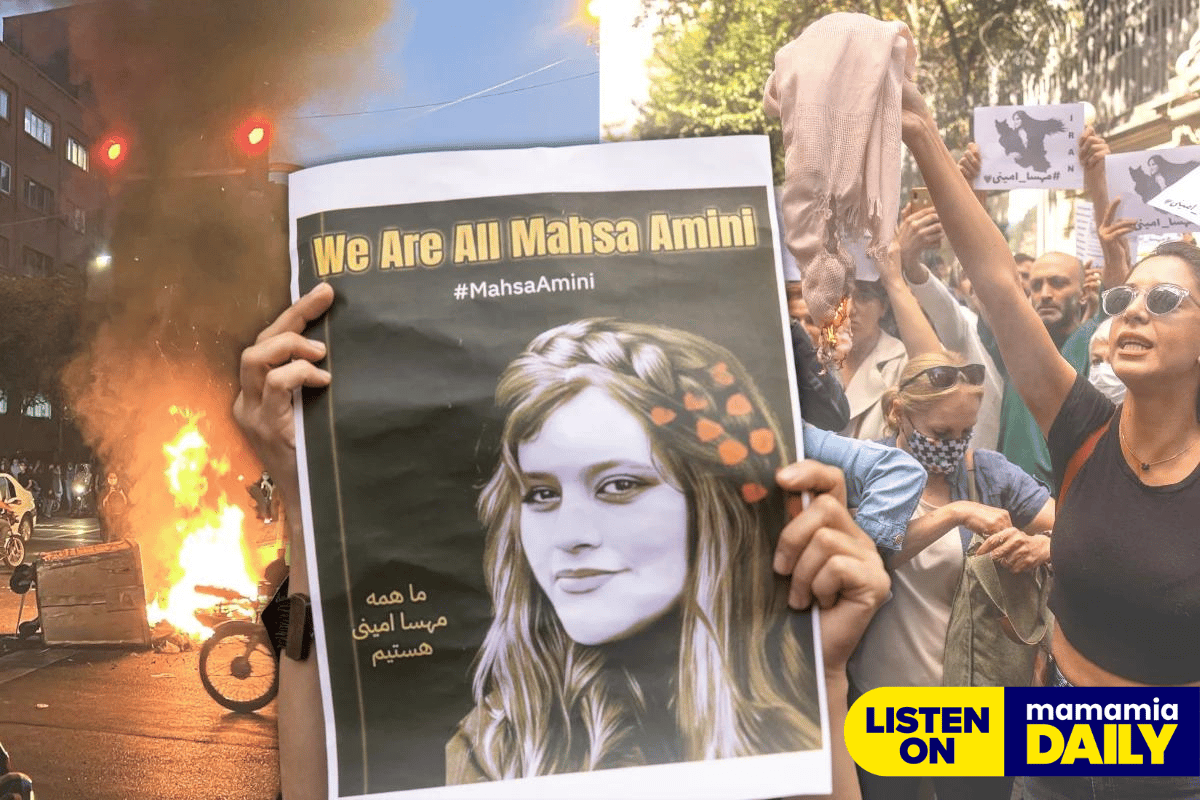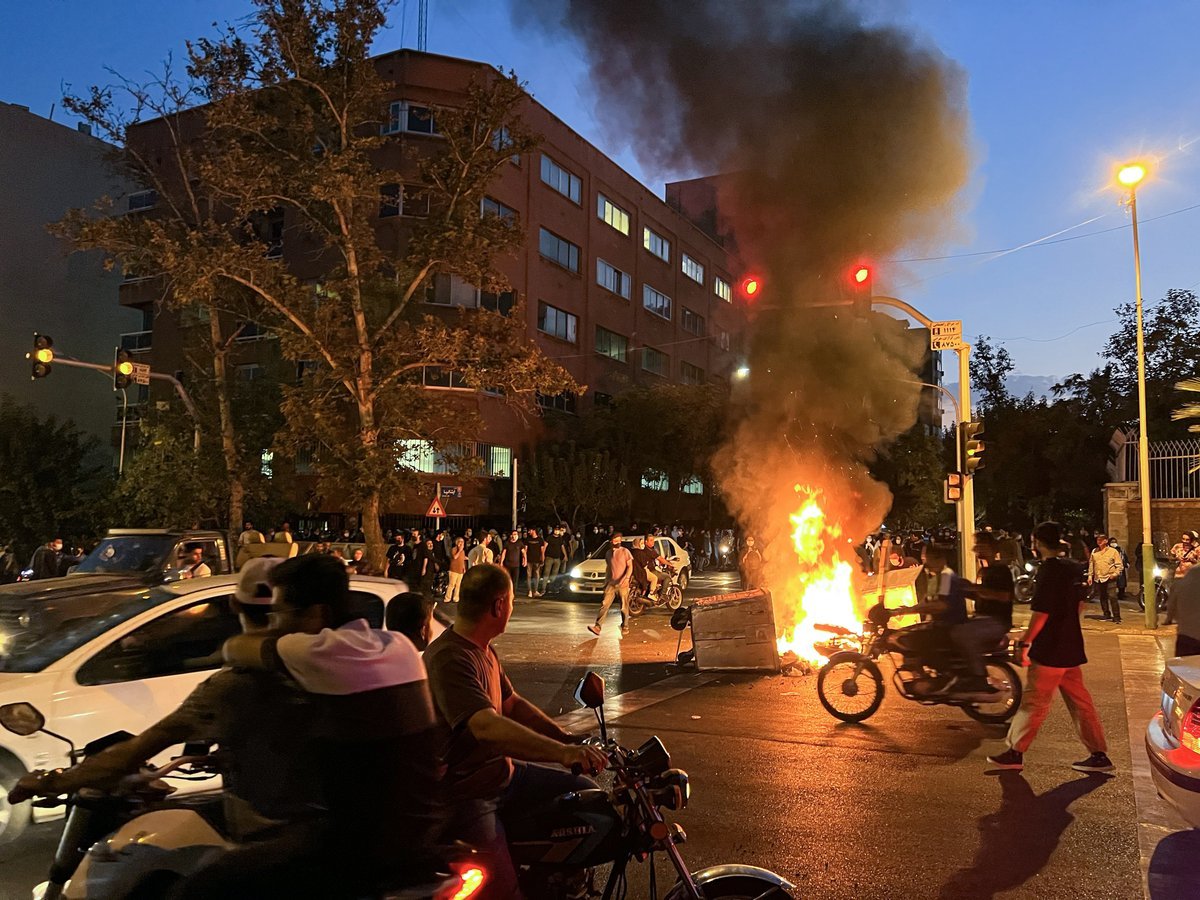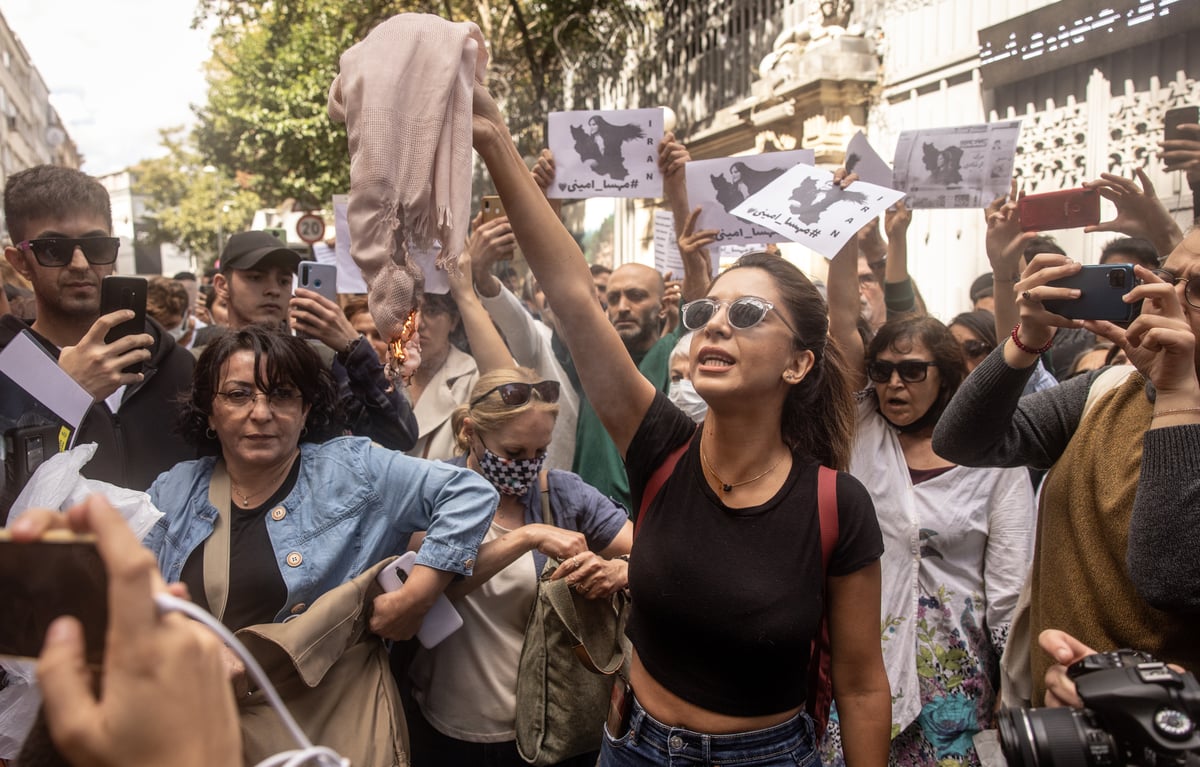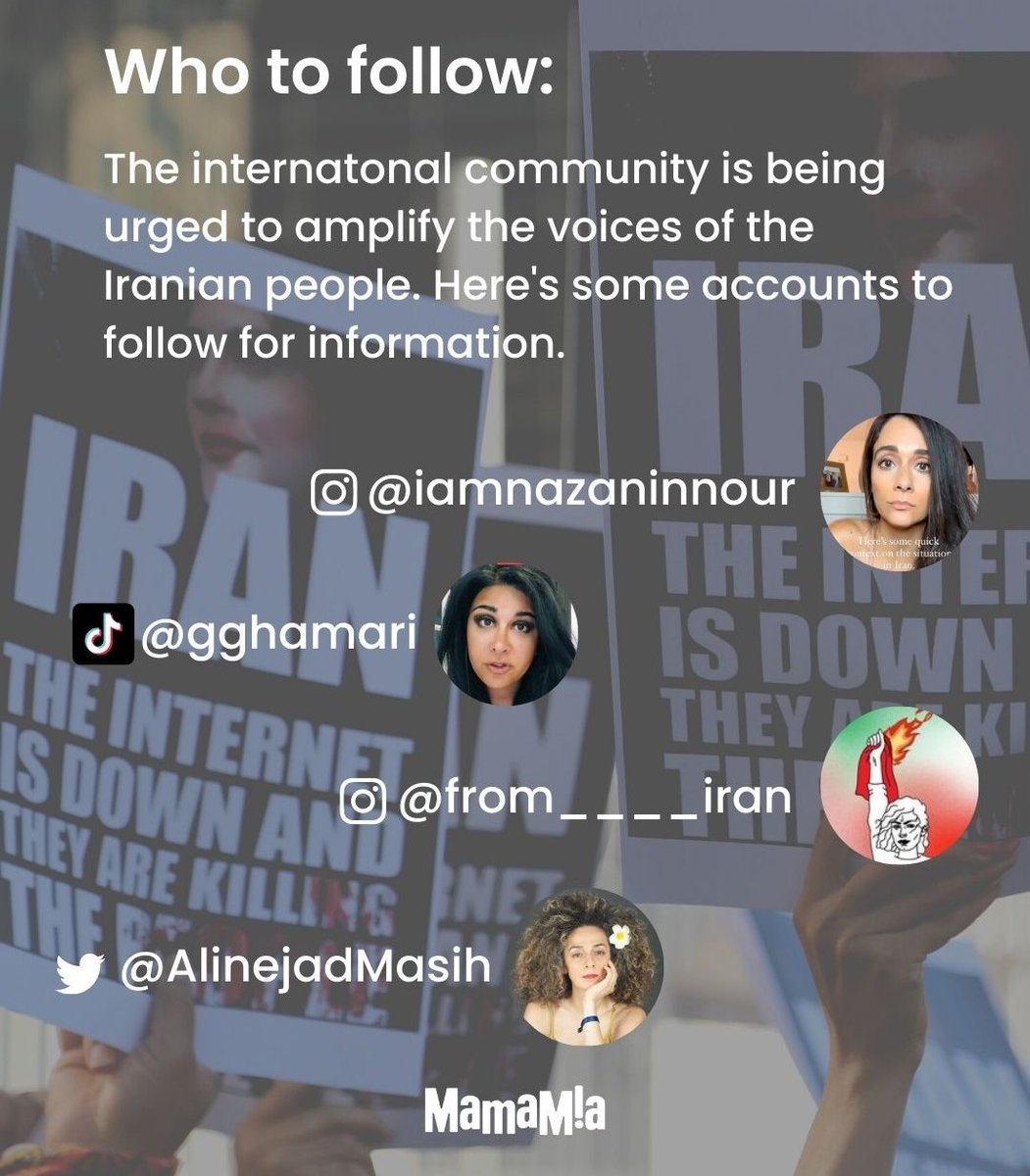
Listen to this story being read by Brielle Burns, here.
Mahsa Amini was on holiday with her family in the Iranian city of Tehran when she was dragged into a van by the morality police.
The 22-year-old, who is Kurdish and from the north-western city of Saqez, was accused of breaking the law, requiring women to cover their hair with a headscarf and wear loose-fitting clothes in public.
CCTV footage of the incident, later released by police, shows her collapsing to the ground at the moment of her arrest last week.
After being detained, police took Amini to a detention centre to be "educated", the BBC reports.
According to eyewitnesses at the centre, Amini appeared to have been beaten inside the van.
Hours after being arrested, Amini was taken to hospital after falling into a coma.
On Friday, she died in hospital, three days after her arrest.
Her father holds the police responsible for her death, saying Amini had no health problems and had suffered bruises to her legs in custody.
"I asked for access to (videos) from cameras inside the car as well as courtyard of the police station, but they gave no answer," he told an Iranian news website, according to AAP.
Police have denied harming the 22-year-old and said she instead suffered "sudden heart failure".




Top Comments